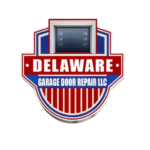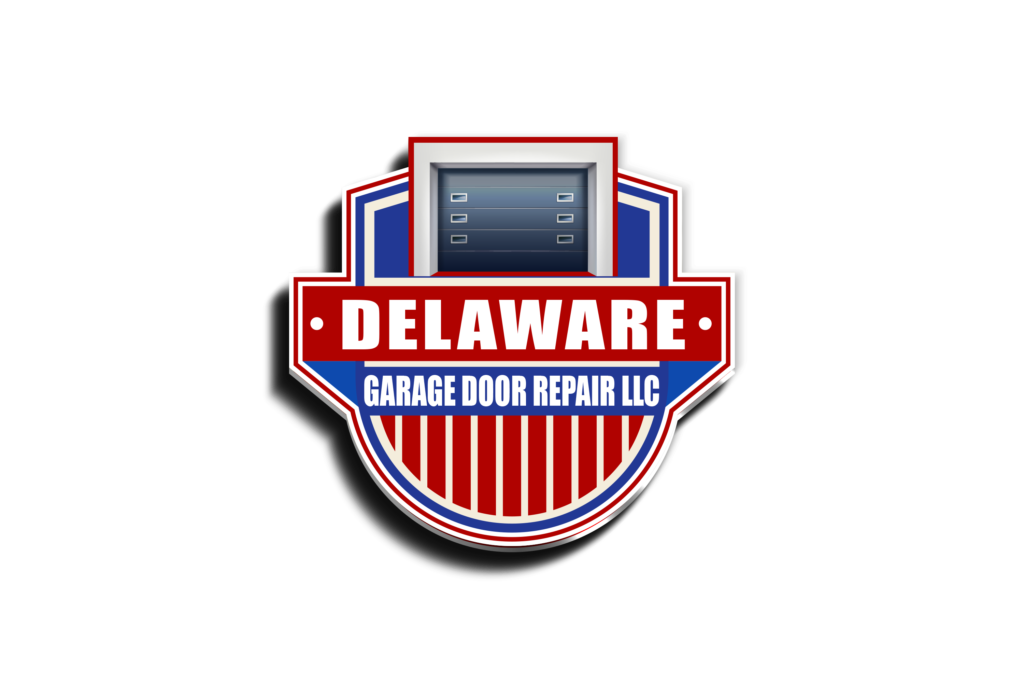- Home
- Top 5 Common Residential Garage Door Issues and How to Fix Them

Top 5 Common Residential Garage Door Issues and How to Fix Them
Your garage door is more than just a way to keep your car safe—it plays a vital role in your home’s functionality and security. When it works seamlessly, you don’t give it a second thought. But when issues arise, they can interfere with your daily life. This blog highlights the top 5 common residential garage door issues, their causes, and how you can fix them safely. Plus, we’ll help you decide when it’s time to call in the experts, like the team at Delaware Garage Door Repair.
Understanding Common Garage Door Issues
1. Noisy Operation
A garage door that squeaks, grinds, or rattles every time you open or close it can be frustrating. Noise is often caused by dry rollers, loose hardware, or worn-out components. Over time, lack of lubrication or constant vibration can lead to this issue. Keep an ear out for unusual sounds as a sign your garage door needs attention.
2. Garage Door Won’t Open or Close
This is one of the most common issues homeowners face. Causes range from power source problems (like dead batteries in the remote) to a misaligned sensor or a broken spring. If your door starts and stops halfway, it could also be a limit setting issue.
3. Slow Response Time
Does it feel like your garage door is taking its sweet time to respond? Slow operation typically points to issues with the door opener or its mechanisms. Frayed cables or a poorly lubricated track can also cause delays.
4. Garage Door Doesn’t Stay Open
If your garage door keeps sliding down instead of staying open, it’s time to inspect the springs. This issue is often linked to worn-out or broken torsion or extension springs that can no longer hold the weight of the door properly.
5. Visible Damage to the Door Panels
From accidental car bumps to harsh weather conditions, your garage door panels are vulnerable to physical damage. Cracks, dents, or warping not only look bad but can also affect the door’s functionality if left unaddressed.
DIY Solutions for Simple Fixes
Step 1: Tighten the Hardware
Loose brackets, bolts, and hinges can cause unusual noise and instability. Use a wrench to tighten all hardware. Be careful not to overtighten, as this can strip screws.
Step 2: Lubricate Moving Parts
Apply a silicone-based lubricant on rollers, tracks, and hinges to ensure smooth operation. Avoid greasing the tracks, as this can attract dirt and cause slipping.
Step 3: Replace Remote Batteries
If your garage door isn’t responding, check the remote batteries first. It’s an easy and often overlooked fix that can save you a lot of frustration.
When to Call a Professional
Some problems, especially those involving springs, cables, or electrical components, require professional expertise. If you’re dealing with persistent malfunctions or safety concerns, don’t hesitate to reach out to a trusted residential garage door repair company like Delaware Garage Door Repair. They’ll ensure the job is done safely and efficiently.
Residential garage doors are essential to your home’s security and convenience. By addressing early signs of trouble and performing regular maintenance, you can avoid costly repairs down the line. When in doubt, contact Delaware Garage Door Repair for expert assistance. Don’t wait until a minor issue becomes a big headache—reach out today to keep your garage door in top shape.
CALL US NOW

Garage Door Repair
Amlin OH

Garage Door Repair
Ashville OH

Garage Door Repair
Bexley OH

Garage Door Repair
Blacklick OH

Garage Door Repair
Brice OH

Garage Door Repair
Buckeye OH

Garage Door Repair
Canal Winchester OH

Garage Door Repair
Circleville OH

Garage Door Repair
Columbus OH

Garage Door Repair
Delaware OH

Garage Door Repair
Dublin OH

Garage Door Repair
Etna OH

Garage Door Repair
Florida OH

Garage Door Repair
Gahanna OH

Garage Door Repair
Galenna OH

Garage Door Repair
Grandview OH

Garage Door Repair
Granville OH

Garage Door Repair
Grove City OH

Garage Door Repair
Groveport OH

Garage Door Repair
Harrisburg OH

Garage Door Repair
Heath OH

Garage Door Repair
Hilliard OH

Garage Door Repair
Johnstown OH

Garage Door Repair
Lancaster OH

Garage Door Repair
Lewis Center OH

Garage Door Repair
Lockbourne OH

Garage Door Repair
Marysville OH

Garage Door Repair
Milford OH

Garage Door Repair
New Albany OH

Garage Door Repair
Obetz OH

Garage Door Repair
Pataskala OH

Garage Door Repair
Powell OH

Garage Door Repair
Reynoldsburg OH

Garage Door Repair
Summit Station

Garage Door Repair
Sunbury OH

Garage Door Repair
Upper Arlington OH

Garage Door Repair
Westerville OH

Garage Door Repair
Whitehall OH

Garage Door Repair
Williamsport OH


